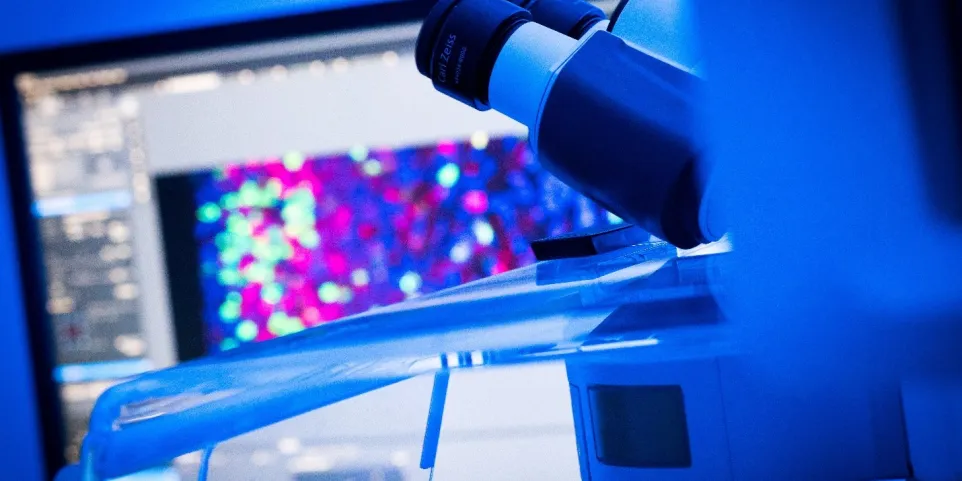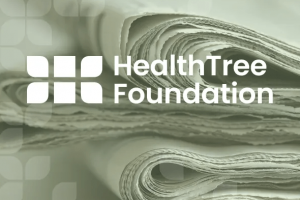HOUSTON (Oct. 6, 2025) – Researchers at Texas Children’s Hospital’s Duncan Neurological Research Institute (NRI) and Baylor College of Medicine have developed an advanced tool within the Genome Aggregation Database (gnomAD) to significantly improve the accuracy of genetic testing—offering major benefits for patient diagnosis and care worldwide.
Published in Nature Communications, the study introduces a method called local ancestry inference (LAI), which breaks down the genome into ancestry-specific segments, allowing for more precise interpretation of genetic differences.
“This research helps ensure our genomic databases better represent the full range of human genetic diversity,” said Dr. Elizabeth Atkinson, senior author, NRI principal investigator, and assistant professor at Baylor College of Medicine. “By refining allele frequency estimates in mixed-ancestry populations, we can make genetic diagnoses more accurate and reduce the chance of errors—helping patients from all backgrounds.”
The study, titled Improved Allele Frequencies in gnomAD through Local Ancestry Inference, marks a major advancement in genetic testing and personalized medicine. Co-first authors include Pragati Kore and Michael Wilson.
While genetic testing is crucial for diagnosing diseases, current tools often rely on population-wide averages that can overlook key ancestry-specific variations—especially in individuals with diverse backgrounds such as African/African American or Latino/Admixed American. This new approach helps uncover those hidden differences, leading to better and more equitable healthcare.
Dr. Atkinson’s team used local ancestry inference (LAI) to tackle the limitations of current genetic testing. Instead of analyzing the genome as a whole, LAI breaks it into segments based on different ancestral origins—such as African, European, or Indigenous American. The team then calculated how frequently each genetic variant appears within these ancestry-specific segments.
This revealed that many variants previously considered rare in global datasets are actually common within certain ancestral groups.
“These differences aren’t just academic,” said Dr. Atkinson. “They have real clinical impact.”
In populations labeled as African/African American and Latino/Admixed American, researchers found that over 80% of genetic sites had a higher frequency in at least one ancestry-specific segment than previously recognized. In some cases, these frequency shifts crossed a key threshold used by the American College of Medical Genetics and Genomics (ACMG) to classify a variant as benign—potentially leading to more accurate variant interpretations and reduced misdiagnoses.
The updated, ancestry-specific allele frequency data is now freely available through gnomAD, giving researchers, clinicians, and genetic testing labs around the world access to a more precise tool for interpreting genetic variation.
“Ancestry is complex, and using a single label for a patient doesn’t capture that complexity,” said Dr. Atkinson. “This research moves us closer to a more detailed and accurate understanding of genetic ancestry in clinical care.”
About Texas Children’s:
Texas Children’s is a nonprofit health care organization dedicated to improving the health of children and women around the world through excellence in patient care, education, and research. Consistently ranked as the top children’s hospital in Texas and among the best in the nation, Texas Children’s is widely recognized for its expertise and groundbreaking work in pediatric and women’s health.
The system includes several renowned facilities, such as the Duncan Neurological Research Institute (NRI), the Feigin Tower for pediatric research, and the Pavilion for Women—a leading OB/GYN center specializing in high-risk pregnancies. It also operates multiple hospitals, including Texas Children’s Hospital West Campus in West Houston, The Woodlands campus serving communities north of Houston, and the newly opened Texas Children’s Hospital North Austin, offering advanced pediatric and maternal care to Central Texas families.
Texas Children’s also established the nation’s first HMO for children, Texas Children’s Health Plan; operates Texas Children’s Pediatrics, the largest pediatric primary care network in the U.S.; and runs Texas Children’s Urgent Care clinics designed specifically for after-hours pediatric care. In addition, its global health program extends critical care to women and children across the world.
Texas Children’s is affiliated with Baylor College of Medicine. Learn more at www.texaschildrens.org


































